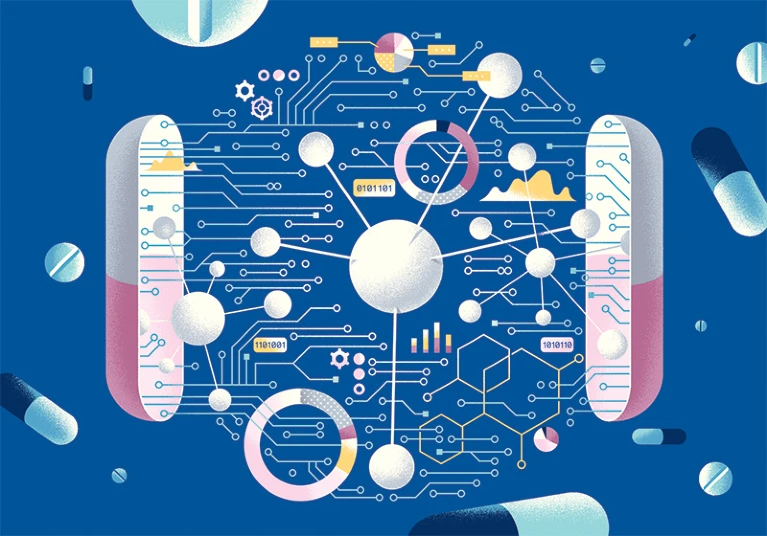Formation Bio, backed by OpenAI CEO Sam Altman, secures over $250 million to advance AI-driven drug development and fund its ambitious product roadmap.
In a Series D fundraising round headed by Andreessen Horowitz and including pharmaceutical Sanofi, Sequoia, Thrive, Emerson Collective, Lachy Groom, SV Angel Growth, and FPV Ventures, Formation revealed on Wednesday that it had raised $372 million. With this new tranche, Formation has raised over $600 million (per Pitchbook), which it claims is primarily used for R&D and partnership acquisition initiatives.
Formation lowered to disclose its revised assessment. However, a representative informed TechCrunch that it represents a “material step up” from Formation’s Series C valuation of $1 billion.
Bene Benjamine Liu and Linhao Zhang co-founded the business in 2016 under TrialSpark. Liu studied neuroscience at Oxford and UPenn. She has experience in computational biology. Zhang is a professional software developer employed at Salesforce before taking a position as a product engineer at Oscar Insurance.
Formation creates cutting-edge tech-based solutions for medication development and clinical trials. The company works with biotech and pharmaceutical companies to co-develop pharmaceuticals and licenses their intellectual property, progressing these drugs beyond clinical proof-of-concept.
The creation of new drugs is a famously costly and challenging process. A medicine’s journey from early research to regulatory approval often takes ten to fifteen years, and each drug can cost up to $5.5 billion. It’s believed that 90% of medications never reach the market.
Formation says that clinical trials can be conducted more effectively by simplifying procedures, including study start-ups, participant recruitment, and data management. For instance, the business is now using AI to provide reports on “adverse events” and patient recruitment materials. Additionally, it’s improving AI models to forecast drug toxicity, tolerance, and efficacy more accurately and offer drug development teams advice for R&D decisions.
Formation OpenAI and Sanofi announced last month that they would collaborate to design and create specialized AI solutions for medication development. Sanofi claimed it would provide private data for developing AI models, and OpenAI said it would provide access to AI skills and knowledge.
Given that Altman was involved in Formation’s Series C funding, OpenAI’s involvement creates a conflict of interest. We have contacted OpenAI to inquire further and will update this page if we receive a response.
In a press statement, Sanofi CEO Paul Hudson stated, “At Sanofi, we’re all in on AI.” “We are delighted to collaborate and finance Formation Bio, whose AI-driven drug development expertise and vision will propel our sector forward in the common goal of expediting and enhancing the delivery of more novel medications to patients.”
Three medication possibilities, comprising remedies for sensory neuropathy, knee osteoarthritis, and chronic hand eczema, are in the clinical stage of development at Formation. The eczema therapy is the most advanced; it has just entered phase 3, the final testing stage before a medicine is submitted to regulatory bodies.
Many firms are trying to lead the way in AI-powered technology for drug development; last week, EvolutionaryScale came out of stealth with funding from Nvidia and Amazon. Markets and Markets, a market research firm, projects that in 2028, the AI drug discovery industry will be valued at $4.9 billion. Profluent, backed by Jeff Dean, Xaira (which began with $1 billion), Isomorphic, a spin-off of DeepMind, Incile, Enveda, and Causaly are some of the major firms in the sector.



